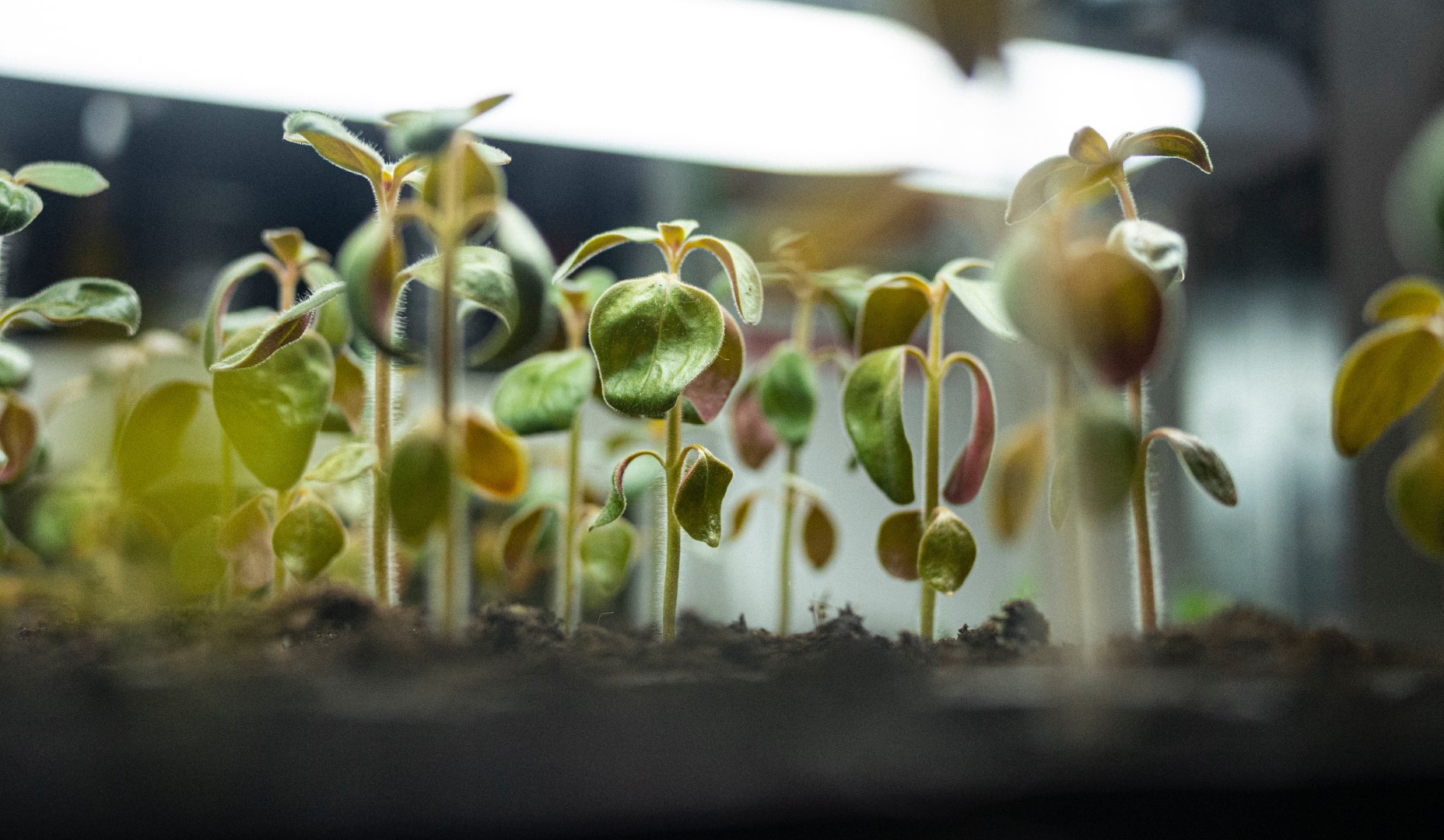Christmas is a time of year that many look forward to. In our popular culture, we typically see Christmas as a hallmark for celebration, home-cooked meals, and enjoying time with loved ones.
However, for many of us, Christmas is not the joyous celebration that it is ‘meant’ to be. The festive season can be an emotionally turbulent and triggering time, for many different reasons.
The traditional idea of ‘peace, joy and love’ around Christmas time can cause confusion and further exacerbate distress, when this is not our experience. We might feel alone in these struggles, as the challenges of Christmas receive little or no acknowledgement. However, experiencing uncomfortable emotions around this time of year is far from abnormal or unusual, and there are many reasons why Christmas can be a stressful, or even dreadful, time for many.
Family
While positive long-term family connections are beneficial to our mental health and wellbeing, short-term interactions with family can be a cause of distress. This looks different for everyone, but some of the reasons for a challenging season might be that:
- You experience the anticipatory dread of debating politics with a relative over the Christmas lunch table
- You fear seeing a certain family member who evokes emotional distress
- The idea of returning to your childhood home brings up fear, or unwanted memories
- You are grieving a loved one over the Christmas period
- You are unwillingly spending Christmas alone, or away from a certain loved one(s)
- You are going through divorce or separation
- It is a time of year that triggers painful memories
- Seeing other ‘happy families’ is disturbing when this is not the case for you.
Social and Environmental Reasons
Our culture emphasises the importance of celebrating the festive period, which may evoke feelings of pressure to celebrate Christmas. This can be particularly difficult for those who traditionally or culturally don’t celebrate Christmas in the same way, or for those who prefer to spend this time of year relaxing, or who won’t be celebrating Christmas for some of the reasons mentioned above.
Those wishing to participate in the festive season may confront distress related to event planning and attendance. The combination of family, work, and social gatherings leading up to Christmas may exhaust one’s social battery. Event planning and organising in itself can be a source of discomfort; perhaps due to a perceived loss of control amongst the chaos of hosting, or as a result of a need to meet certain social expectations, or simply being physically or emotionally drained at the end of the year and still feeling the need to appear enthusiastic and energetic.
Individuals who do not celebrate Christmas may also experience elements of fear and social isolation or loneliness. It is easy to feel socially withdrawn around the holiday season when you do not feel the enthusiasm or joy being advertised around you, or displayed by others in your social circle.

Financial Reasons
The holiday season is a time of year that often involves a lot of expenses. Gift giving, food, alcohol, and event planning may not only be physically and mentally draining, but may also be giving your credit card an unwanted work out!
The dread of these elements of the festive season may also evoke feelings of social anxiety, as Christmas is heavily marketed and commercialised all around us – there is no way to escape it.
However, it is important to gently remind yourself that giving to others is not necessarily about spending money or buying gifts. For example, giving your time and patience can be extremely valuable. Sometimes when one person announces they no longer want to prioritise purchasing gifts, everyone in the group is relieved!
What can I do to manage my Christmas-related distress?
An important first step in making this time of year more enjoyable is to acknowledge any discomfort that comes up for you, and remind yourself that it is perfectly okay and normal to have these feelings. We suggest taking some time to think about the reasons behind your anxiety or pain, and consider prioritising your own needs and wellbeing over the holiday season. You may choose to:
- Set boundaries with family members and/or friends who cause distress
- Spend less time socialising these holidays. For example, you can leave Christmas Day lunch at an earlier time, or politely decline some invitations to social events
- Create a budget for gift-giving, organise a Secret Santa with your social circle, or make DIY gifts instead
- Plan ahead – whether you’ll be alone with others, make sure you’ve thought about how Christmas day can be the easiest and most enjoyable for you this year
- Mindfully acknowledge the thoughts and feelings that you notice arise
- Practice a meditation or relaxation exercise regularly over this period
- Notice when you engage in social comparison – make the best of your own situation
- Talk to any supportive loved ones about your experiences
- Give yourself permission to celebrate Christmas in whatever way feels right for you










